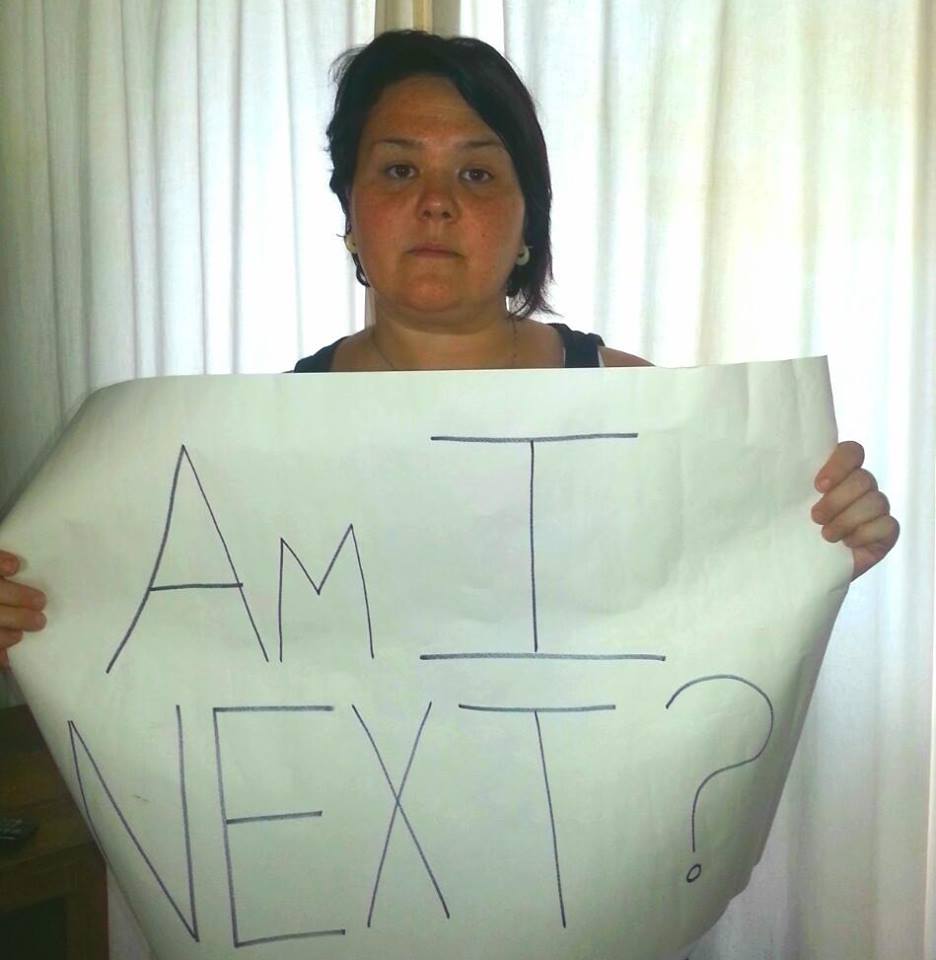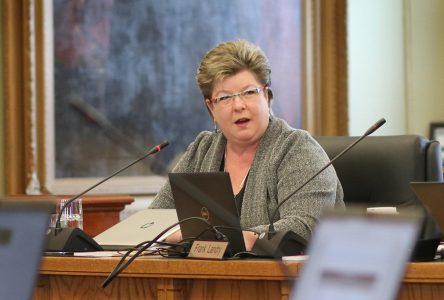CORNWALL, Ontario – A campaign to draw awareness to the alarming number of missing and murdered Canadian aboriginal women has grown from the home of a Cornwall resident to become an international phenomenon.
Holly Jarrett is spearheading the viral ‘Am I Next’ campaign and said the media reaction to her message has gone global.
Media requests from national broadcasters like CTV and CBC, coupled with interviews by the Associated Press in Washington, the BBC and even Al-Jazeera have given her the tools she needs to educate the public on the epidemic of abuse and neglect that aboriginal women in Canada often face.
“This is exactly what I wanted,” she said in an interview. “I didn’t think it would reach these proportions, but it’s what we need.”
Her campaign is a simple one: women are asked to take a photo of themselves holding a sign that reads, “#AmINext,” which Jarrett wants to see bloom into a national discussion on the issue of aboriginal women who have disappeared or been murdered.
There are 1,181 cases of missing and murdered aboriginal women nationwide.
Jarrett, who has lived in Cornwall for three years but was born in Goose Bay, Nfld., is the cousin of Loretta Saunders, an Inuit woman from Labrador who was found dead in a wooded area off the Trans-Canada Highway in New Brunswick, two weeks after she was reported missing from her Halifax apartment in February.
Jarrett said Saunders was in the midst of writing a university thesis on the plight of aboriginal women when she became part of the statistics.
Shortly after Saunder’s death Jarrett began an online petition to seek support for her desire for a public inquiry on the subject – no fewer than 7,000 people signed it overnight, she said.
“Now that we have the public’s attention, my hope is that it will create enough awareness so that when people Google this, or my name, they will get some information,” she said. “The next step is to have a national public inquiry.”
But that might be easier said than done.
Prime Minister Stephen Harper and the federal government have been unwilling to sanction such an event.
“I want to meet with Stephen Harper,” said Jarrett. “But I don’t think he will do that, because he’s pretty stubborn.”
Local Tory MP Guy Lauzon said an announcement Monday by Kellie Leitch, Minister of Labour and Minister of Status of Women, suggests the government is taking the issue seriously.
“Action is necessary, not more study,” he said, pointing to an additional $25 million over five years the government is spending to address crimes against aboriginal women and girls, which brings the total government commitment to $200 million.
Jarrett deemed it a “repackaging” of previous commitments, but Lauzon wasn’t having it.
He stressed the government wants to help law enforcement by creating a DNA-based Missing Persons Index, while also funding shelters on reserves on an ongoing basis.
“There are some good things that are being done that hadn’t happened in the past,” he said.
Jarrett said her online campaign has plenty of staying power, and she doesn’t plan on abandoning her quest anytime soon.
She has designs on creating a documentary on the subject, and has booked flights across the country to document the plight of aboriginal women through first-hand accounts.



